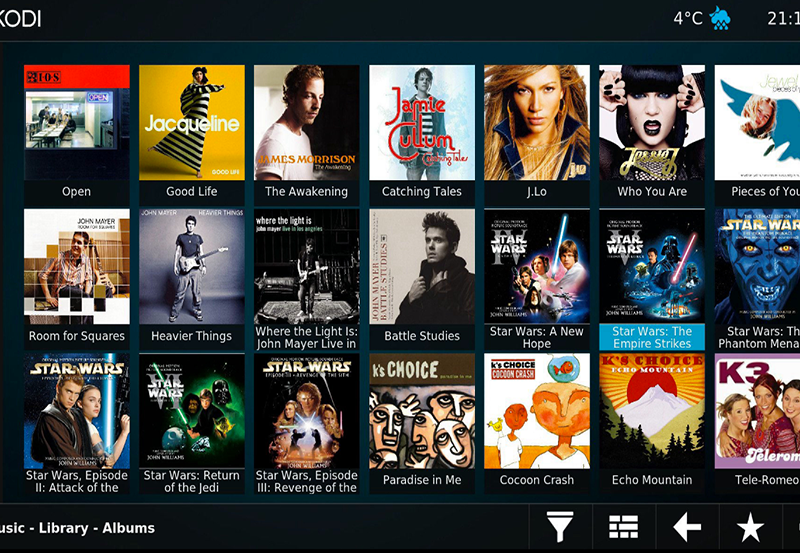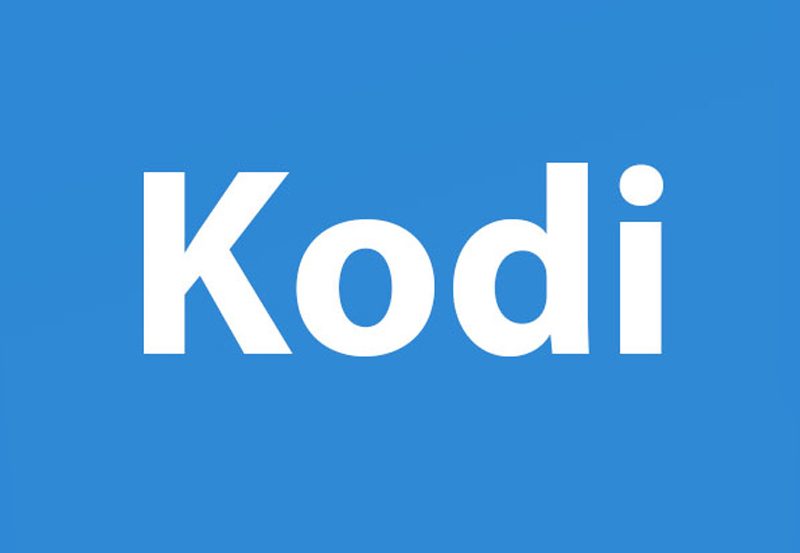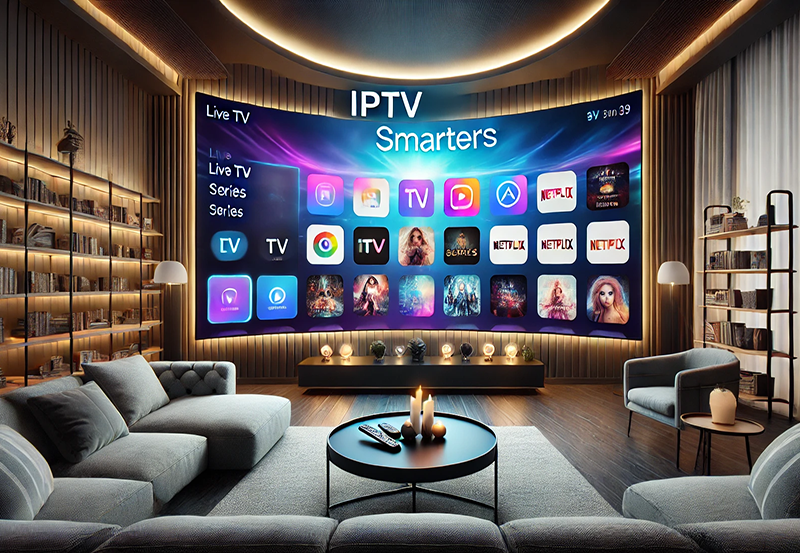In the rapidly evolving world of digital entertainment, two giants stand out in the field of IPTV: Kodi and Linux-based IPTV players. Both offer unique features and benefits that attract a wide array of users. For those new to the IPTV scene, choosing between Kodi and its Linux counterparts can be a daunting task. In this article, we’ll explore these platforms, examining their strengths and weaknesses to help you make an informed decision.
Understanding IPTV and Its Appeal
Internet Protocol Television (IPTV) is changing the way we consume media, offering a more flexible and convenient alternative to traditional cable or satellite broadcasts. With IPTV, you can enjoy a wide range of content, including movies and series, by streaming directly over the internet. The rise of premium IPTV services has further enriched the user experience, providing high-quality streaming with minimal interruptions.
The appeal of IPTV lies in its ability to provide on-demand content, which has become increasingly important in today’s fast-paced world. As more people seek to cut the cord and enjoy IPTV for a better viewing experience, the choice of software platform becomes critical.
Smart Insight:
Enjoy premium American channels with USA IPTV, perfect for TV shows, movies, and live sports.
Kodi: A Versatile Multimedia Hub
Kodi is a powerful, open-source media player that has become a favorite among tech enthusiasts. Originally developed as a media center application for the Xbox, Kodi has evolved to support a wide variety of platforms, including Windows, Mac, Linux, and Android. Its flexibility and wide range of add-ons make it a versatile choice for those seeking an all-in-one multimedia hub.
Features of Kodi
- Customizable interface
- Wide range of add-ons for streaming
- Support for multiple file formats
Kodi’s customizable interface allows users to tailor their viewing experience to match personal preferences. Whether you want a classic or modern look, Kodi provides the tools to create the perfect setup.
The Downsides of Kodi
While Kodi offers many benefits, it does have its drawbacks. Users often report difficulties with setup and configuration, particularly when integrating IPTV services. Additionally, Kodi’s reliance on third-party add-ons can sometimes lead to legal issues if those add-ons provide access to pirated content.
Another challenge is the occasional instability of the platform, which can result in crashes or unexpected behavior during use. Despite its robustness as a media player, these issues may deter users who prefer a simpler setup without technical hurdles.
Linux IPTV Players: A Sturdy Alternative
Linux-based IPTV players present themselves as a solid alternative to Kodi, particularly for users comfortable with the Linux environment. These players are favored for their stability and performance, often appealing to more technically adept users.
Key Benefits of Linux IPTV Players
- Robust performance and stability
- Flexibility in customization and automation
- High security with community support
Robust performance is one of the standout benefits of Linux IPTV players. Many users appreciate the minimal downtime and high-speed streaming capabilities offered by these platforms. As a result, Linux IPTV players are often seen as more reliable than their competitors.
Challenges with Linux IPTV Players
However, Linux IPTV players come with their own set of challenges. The complexity of Linux systems and the steeper learning curve can discourage beginners. Users must often navigate command-line interfaces, which may be intimidating for those without tech experience.
Furthermore, the availability of applications and plugins for IPTV services is not as extensive as Kodi’s library. This limitation can impact the variety and accessibility of content for users seeking more comprehensive media options.
Head-to-Head Comparison
Examining Kodi and Linux IPTV players side by side reveals insights that can influence decision-making. Both platforms cater to different user needs and preferences, which ultimately impact overall satisfaction.
Content Access and Quality
For many users, the ability to access a broad array of content is paramount. Kodi edges ahead in this category with its vast library of add-ons and extensions, offering users extensive access to IPTV with movies and series, as well as live broadcasts.
Conversely, Linux IPTV players focus strongly on quality and reliability, ensuring a smooth streaming experience for premium IPTV services. Users who prioritize uninterrupted, high-quality streams may find Linux IPTV players preferable.
Ease of Use and Setup
When it comes to ease of use, Kodi’s intuitive interface gives it a significant advantage. New users often find Kodi’s navigation more approachable, allowing them to dive into streaming quicker than with Linux players.
Linux IPTV players, while potentially intimidating at first, offer unparalleled control once users become accustomed. This level of customization is attractive to power users who wish to fine-tune every aspect of their media experience.
Choosing the Right Platform
Ultimately, your choice between Kodi and Linux IPTV players depends on your personal priorities and technical proficiency. Both platforms offer distinct advantages that align with specific user needs.
Consider Your Technical Comfort
If you’re comfortable with technology and enjoy tinkering with software, a Linux IPTV player could be ideal. The control and customization available are unmatched, particularly for those who value security and performance.
On the other hand, users seeking a straightforward, plug-and-play solution may find Kodi more appealing. Its user-friendly interface and extensive support network ensure a smoother experience for those less technically inclined.
Weighing Flexibility Against Simplicity
Consider whether flexibility or simplicity matters more to you. Kodi’s supportive community and add-on capabilities offer nearly limitless possibilities for customization and entertainment.
However, Linux IPTV offers a streamlined, high-performance system with minimal frills. This makes it a potentially better option for those whose primary concern is consistent, high-quality streaming.
Stream Smarter and Enjoy IPTV Better
As the IPTV landscape continues to evolve, staying informed about available technology and tools becomes essential. Both Kodi and Linux IPTV players have carved their niches in the market, each offering compelling reasons to consider integrating them into your home entertainment setup.
By understanding each platform’s strengths and limitations, you’ll be well-positioned to stream smarter and enjoy IPTV better, tailored to your unique needs.
Frequently Asked Questions

What is the primary advantage of using Kodi for IPTV?
Kodi is renowned for its flexibility and wide range of add-ons, giving users access to diverse content, including IPTV with movies and series. The platform’s ease of use also makes it an attractive option for beginners.
Are Linux IPTV players more secure than Kodi?
Linux IPTV players typically offer higher security compared to Kodi, especially because Linux is less targeted by malware. The closed nature of some Linux setups also reduces the risk of unauthorized access.
Can I stream premium IPTV content on both Kodi and Linux IPTV players?
Yes, both platforms support premium IPTV services, but users might need specific configurations or add-ons to optimize their experience. Researching compatibility and available resources can enhance premium content delivery.
How steep is the learning curve for Linux IPTV players compared to Kodi?
The learning curve for Linux IPTV players is generally steeper than for Kodi, especially for newcomers. Users need to be comfortable with Linux commands and configurations. Kodi offers a more beginner-friendly interface.
Which platform is better for customizing the streaming experience?
Both platforms offer customization, but the depth and complexity differ. Kodi provides extensive add-on support for content, while Linux IPTV players offer deep system-level control that appeals to advanced users.
Do both platforms require a significant internet bandwidth for optimal performance?
Yes, both platforms benefit from high-speed internet connections to stream IPTV content smoothly. Ensuring a robust and stable internet connection will improve the overall quality of your viewing experience.
Best IPTV Apps: Stream Anywhere, Anytime





